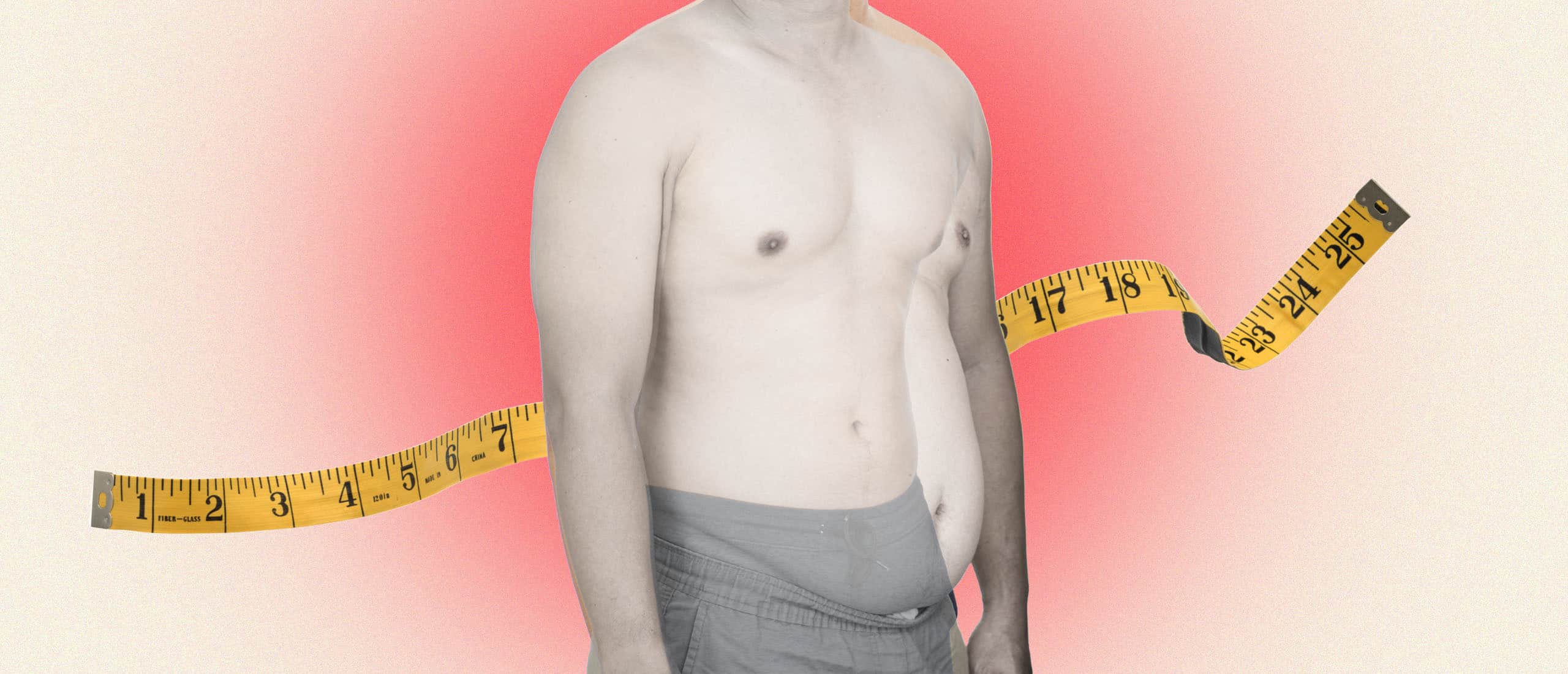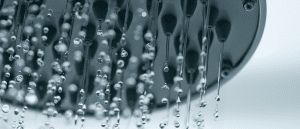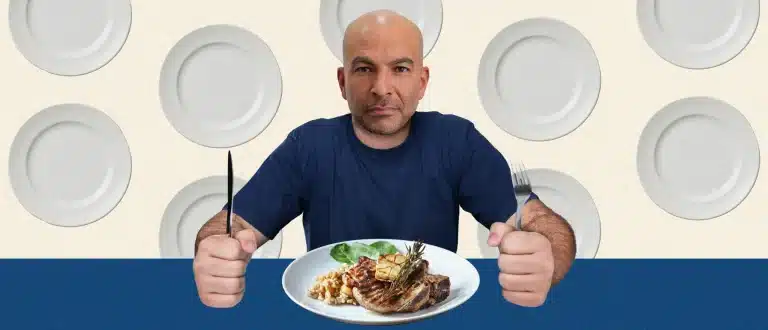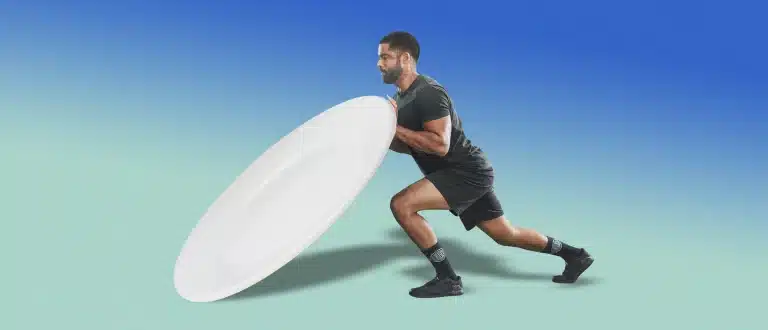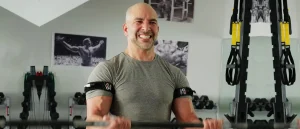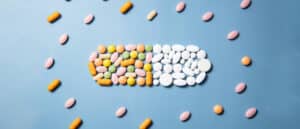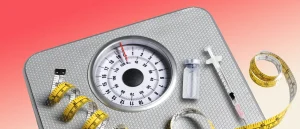Leading Longevity Experts Say This Is the Best Way to Lose Weight
L
osing weight and maintaining a healthy body composition is a cornerstone to optimizing your healthspan and lifespan. But once you enter your third or fourth decade, keeping the pounds off gets harder.
“It’s common to gain 1 to 2 pounds a year starting around age 35,” Susan Greene, ACE Certified Personal Trainer, Health Coach and Nutrition Specialist previously told The Edge. Research suggests that your muscle mass decreases and fat percentage increases as you age because lipid turnover—the removal of triglycerides—in the fat tissue decreases (1). This makes it easier for you to gain weight, even if you theoretically don’t eat more or exercise less than you used to.
Extra weight may mean more than going up a few shirt sizes. Packing on extra pounds is associated with an increased risk for cardiovascular disease, stroke, diabetes, and even certain types of cancer (2).
Most weight loss advice follows a simple formula: calories in, calories out. This means that you have to take in fewer calories than you are burning. When your body runs out of calories from food for energy, it’ll start burning fat instead.
On top of maintaining a caloric deficit, experts like Peter Attia, Andrew Huberman, and Dan Buettner have figured out ways to optimize your weight loss and promote longevity. If you’re having trouble losing weight, add these expert-backed tips to a healthy diet and consistent exercise.
Cold Exposure
Jumping in an ice bath or powering through a few minutes in a cold shower boasts longevity benefits like boosting blood flow and immunity (3). But getting chilly could also benefit your weight loss protocol, according to neuroscientist Andrew Huberman, Ph.D.—if you do it the right way.
“Most people that are using cold to increase metabolism fat loss are suggesting the exact wrong protocol,” Huberman says on the Huberman Lab podcast.
Research suggests that cold exposure targets brown fat—a type of tissue that is responsible for regulating body temperature (4). When you engage in cold exposure, brown fat activity increases—making it easier to shed pounds.
Huberman says that cold exposure via shower or ice bath, one to five times per week, is enough to boost your fat metabolism. But instead of hopping into cold water for a few minutes—like many other longevity protocols—he suggests jumping in and out quickly to trigger shivering if your main goal is weight loss.
Pro-tip: Shiver
Small movements—like shivering—can trigger adrenaline release, per Huberman, which releases a chemical called succinate. This chemical acts on the brown fat to increase fat mobilization and oxidation (the process in which your body breaks down fat).
“If you resist the shiver, you’re not going to get the increased metabolic effect because you are not going to get the succinate release,” Huberman explains.
Follow a Blue Zones Diet
Blue Zones are small communities that produce a ton of centenarians—or adults that live to 100 and above—through lifespan- and healthspan-boosting diets and lifestyle choices.
Dan Buettner, the longevity-obsessed host of the four-part Netflix docuseries, Secrets of the Blue Zones, has noted a link between low levels of obesity and longer lifespans. While a Blue Zone diet doesn’t stick to hard and fast rules, Buettner recommends staying away from inflammation-causing processed foods and eating a well-balanced, plant-dense diet instead.
Eat until you’re 80 percent full
In the first episode of his Netflix series, Buettner discusses a strategy used by Okinawans to avoid overeating: hara hachi bu.
“[This] literally means ‘eight out of ten,’” Buettner says. “It means, ‘Stop eating when your stomach is 80 percent full.’ It’s resulting in being satiated without being stuffed.”
Intermittent Fasting
Intermittent fasting is practiced by many longevity experts—like David Sinclair, Ph.D., and Rhonda Patrick, Ph.D., to trigger autophagy, lower inflammation, and stave off neurodegenerative diseases like Alzheimer’s and dementia. But restricting your food intake during a specified eating window can inadvertently reduce how many calories you take in each day.
“I’ve watched countless patients successfully lose fat mass by incorporating fasting into their dietary toolkit,” longevity expert and physician Peter Attia, M.D., said in a Zero interview. “But think about the metabolic benefits of fasting rather than the weight loss benefits, per se. If you focus on the number day in and day out you’ll likely get distracted by the noise.”
Attia typically fasts in 14 to 16 hour windows and prioritizes high-protein meals during his eating window to maintain his gains.
Pro-tip: Prevent muscle loss
“One not uncommon scenario that we see with [fasting] is that a person loses weight on the scale, but their body composition alters for worse: they lose lean mass (muscle) while their body fat stays the same or even increases,” Attia wrote in Outlive.
To prevent this scenario, Attia recommends resistance training paired with a high-protein diet to maintain lean muscle mass while fasting.
Check Your Hormones
Low testosterone can give way to nasty symptoms like muscle loss, low energy, and weight gain, which can get in the way of your weight loss protocol. Research shows that declining T levels can also screw with your metabolism, making it harder to shed weight and easier to gain more (5).
“Estrogen, testosterone, thyroid hormone—all of these other hormones play a role [in fat mass],” Attia writes in a blog on The Drive. This is one of the reasons men and women may experience an increase in body fat as their hormone levels change with age.
Pro-tip: Ask your doctor about testosterone replacement therapy (TRT)
“There were countless other studies to look at, but they all basically point in the same direction,” Attia says on The Drive podcast. “Testosterone replacement therapy improves lean mass, reduces fat mass, and improves strength.”
If you think your hormone levels may be contributing to sudden weight gain, or your difficulty losing weight, Hone’s at-home hormone assessment tests for free and total testosterone. After you submit your assessment kit, one of Hone’s partnered physicians will go over your results to determine if hormone replacement is right for you.
Hone’s at-home testosterone assessment is the simplest way to uncover whether your levels are low. If you qualify for treatment, TRT can be sent right to your door.
References
1. Karolinska Institutet (2019). Why people gain weight as they get older.
2. Zheng, et al (2017). Associations of Weight Gain From Early to Middle Adulthood With Major Health Outcomes Later in Life.
3. Mooventhan, et al (2014). Scientific Evidence-Based Effects of Hydrotherapy on Various Systems of the Body.
4. Huo, et al (2022). Effect of Acute Cold Exposure on Energy Metabolism and Activity of Brown Adipose Tissue in Humans: A Systematic Review and Meta-Analysis.
5. Kelly, et al (2015). Testosterone and obesity.



